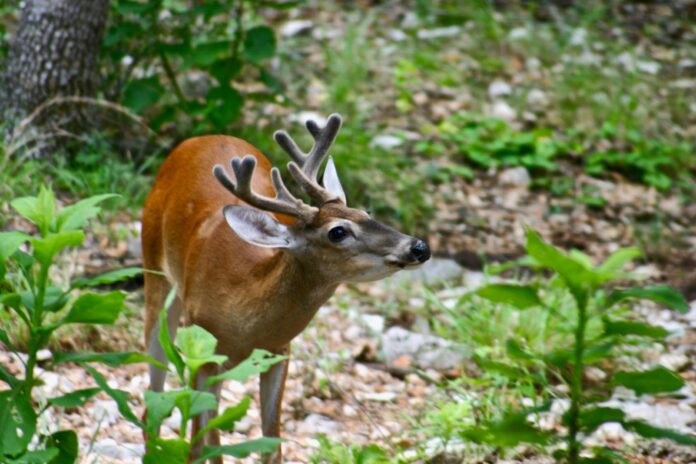Mule and whitetail deer hunting season is well underway in B.C. and hunters are asked to play a part in monitoring for chronic wasting disease (CWD).
The provincial government is still requiring hunters in the Kootenays to turn in any deer, moose and elk heads to test for the illness.
The B.C. government has stepped up its CWD monitoring efforts since two cases were found near Cranbrook in late January.
Provincial wildlife health biologist Cait Nelson says the province has a history of working with hunters for monitoring efforts.
“We have been working with hunters across the province, but we have some intense surveillance in the Kootenay region, around the Cranbrook area,” said Nelson.
“We knew that was the highest-risk area, so we were making sure to test the animals so we could get the information.”
CWD is an infectious and fatal illness that affects the cervid family, such as deer, elk, moose and caribou.
While there is no direct evidence that the disease can be transmitted to humans, Health Canada and the World Health Organization recommend against eating meat or other parts of an infected animal.
As the province seeks to keep track of the spread of CWD, all deer, elk, moose and caribou killed or found dead must be submitted to a government testing site or drop-off location.
The mandatory testing applies to Management Units 4-1 to 4-8 and 4-20 to 4-25, which includes areas east of Trail, south of Nelson, the Creston Valley, and most of the East Kootenay.
Carcasses may be transported as long as all spinal & neck bone/material is removed.
CWD can be tricky to spot as symptoms may not show up in infected animals for years, but if you see animals exhibiting symptoms such as weight loss, drooling, poor coordination, stumbling, or generally sick with no obvious reason, you should call the RAPP line at 1-877-952-7277 or the B.C. Wildlife Health Program.
“When you’re observing animals on the landscape, the symptoms of CWD are not always obvious,” said Nelson.
“That said, if any of the symptoms are observed, our wildlife health program would like to know about it, so we can follow up. Now that we know the disease is in the area, we want to make sure we stay on top of it.”
Be the first to know! Don’t miss out on breaking news and daily updates in your area. Sign up to MyKootenayNow News Alerts.






